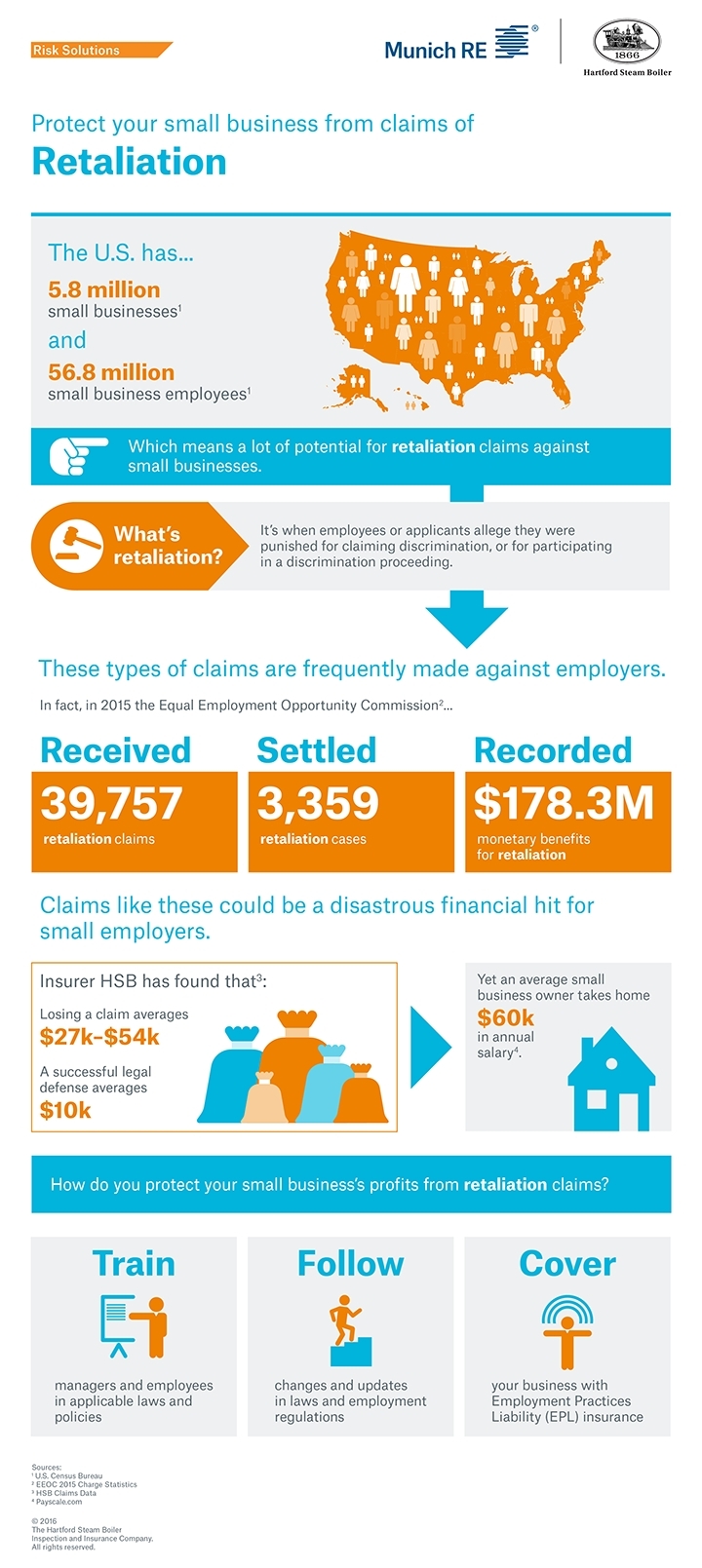Company Credit Standing As Important As Personal Credit Rating
Everyone knows the importance of keeping their personal credit record in good shape.
Yet, according to Levi King, CEO of Creditera.com thousands of business owners don’t realize that their company has its own separate credit profile. This knowledge gap is hurting too many small business owners.
Just as personal credit has a huge impact on financial health, business credit makes it possible to get favorable loan rates, better terms from vendors, and more. Poor credit adds to a business’s costs, and forces many to close up shop.
That’s why it’s vital that business owners get to know the facts. To help get you started, King offers a quick overview of three significant misconceptions relating to business credit:
1. Business credit only matters when you apply for a loan.
Even if small business owner doesn’t apply for a loan , they still have a credit record. Thecredit bureaus generate a report by scouring public records and receiving payment history from your vendors. Potential business suppliers and partners can look up your business credit data without your permission to judge your business. A bad report could mean having to pay cash on delivery for your supplies, or personally guarantee your purchases.
2. Lenders only look at personal credit.
Personal credit will always be a factor in getting business financing until the business gets big enough to stand on its own financials. But, most lenders will look at business credit reports too. According to a 2012 NSBA Study, 20% of small business loans are denied due to business credit.
3. Business owners with good business credit don’t need to provide a personal guarantee.
There’s a lot of misinformation on this. Rarely will a small business owner be able to get a loan from a bank or SBA lender without a personal guarantee. Even with stellar credit, lenders want to see that you have skin in the game and stand behind your business.
What can business owners do to improve their creditworthiness?
First, review all business credit reports for errors. About one in four of all credit reports have mistakes or incorrect data negatively impacts the score. Even something as simple as being classified in the wrong industry can put a business into a riskier credit category.
Second, dispute the errors by submitting documentation and other evidence to the credit bureaus. The credit bureaus really do want to have good data on their records, and they will help correct mistakes. Sites like Creditera’s can help you dispute credit errors.
Finally, acquire a business credit card and use it wisely. Responsibly using a credit card in the company’s name is one of the easiest ways to build business credit.




